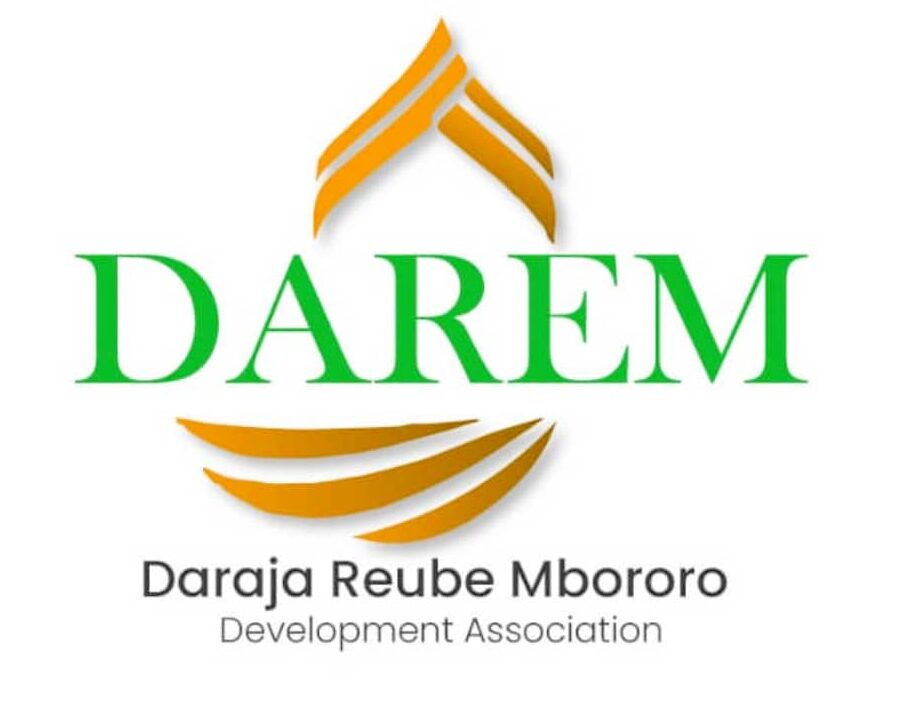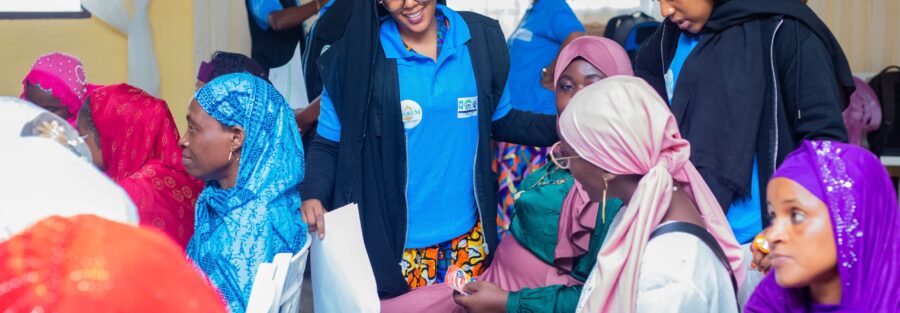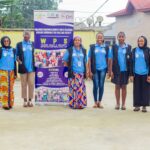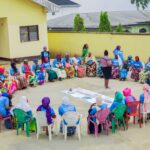
INTRODUCTION
As part of its commitment to strengthening indigenous women’s participation in governance, DAREM organization, with funding from ALVF Cameroon, recently conducted a mentorship and coaching program for 60 indigenous women across Tole, Muea, and Buea Town communities. This initiative aimed to enhance their leadership, advocacy, and governance skills, equipping them to take on active roles in decision-making and community development.
The program provided a safe space for dialogue, experience-sharing, and skill-building. Participants received guidance on navigating governance structures, engaging in advocacy, and promoting sustainable resource management. Many of the women had never received formal governance training before and expressed enthusiasm about applying their newfound knowledge to their communities.

Breaking Barriers: Women Rising as Leaders
A central focus of the mentorship program was empowering women to step into leadership roles. Through interactive discussions, participants explored key topics, including:
Understanding governance structures and decision-making processes
Developing leadership confidence and public speaking skills
Effective negotiation and advocacy strategies
Conflict resolution and peacebuilding in resource management
One participant, a farmer from Tole, shared: “For years, we have been excluded from decisions about our land and water. Now, I realize we have the power to influence policies if we unite and raise our voices.” Another woman, previously hesitant about leadership, remarked: “I used to believe governance was for men. Now, I am ready to challenge unfair policies and demand representation.”

Mentorship in Action: Learning from Role Models
To inspire and guide the participants, DAREM invited experienced indigenous women leaders and environmental activists to share their journeys. These mentors recounted their challenges and successes in becoming influential voices in governance and conservation.
A community leader encouraged participants: “Leadership is not about waiting for permission. It’s about taking initiative and making your voice heard.” Through one-on-one coaching, participants received personalized guidance on navigating governance structures, engaging policymakers, and advocating for their resource rights. Some women even committed to forming local advocacy groups to sustain their efforts beyond the training.

Addressing Challenges: Women’s Voices in Governance
During discussions, participants identified key challenges hindering their governance participation, including:
Lack of representation in decision-making bodies
Limited access to land and natural resources
Cultural and societal barriers to women’s leadership
Conflicts over land and water resources
In response, the program proposed solutions such as community sensitization, networking opportunities, and continued coaching to enhance women’s leadership at the local level.

Success Stories: Women Taking Charge
A notable outcome of the mentorship program was the boost in participants’ confidence. By the end of the sessions, several women committed to leading awareness campaigns in their communities, advocating for inclusive governance and sustainable environmental management.
A young woman from Buea Town declared: “This mentorship has given me the courage to challenge injustice. I am going back to my community to mobilize other women and push for change.”

Way Forward: Sustaining the Momentum
DAREM NGO is dedicated to ensuring that the skills and knowledge acquired by participants lead to tangible change in indigenous women’s governance participation. Moving forward, the organization plans to:
Establish mentorship networks to connect indigenous women with experienced leaders.
Provide continuous training and advocacy support to strengthen women-led initiatives.
Engage local authorities and policymakers to create inclusive governance structures.
Conclusion
The mentorship and coaching program in Tole, Muea, and Buea Town marked a significant milestone in empowering indigenous women for effective decision-making in governance. By equipping them with leadership, advocacy, and governance skills, DAREM organization is fostering a new generation of women leaders who are prepared to challenge barriers and shape a more inclusive future.
As one participant aptly stated: “Today, we have planted a seed. Now, it is our responsibility to nurture it and grow into the leaders our communities need.”






